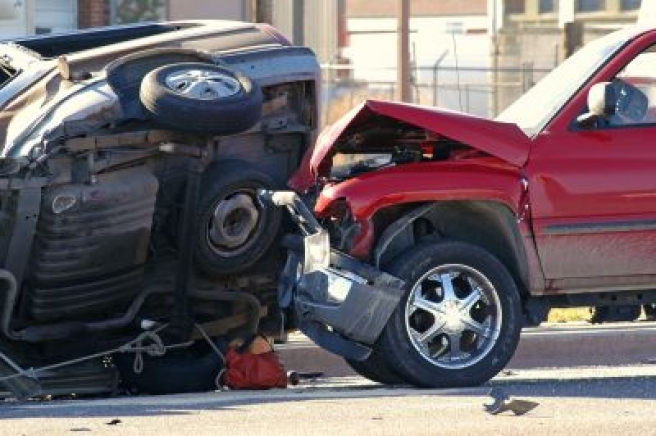If you have had the misfortune of being involved in a serious auto accident, and your vehicle has been declared a total loss, you are probably wondering how the actual cash value of your vehicle is determined. A vehicle’s actual cash value is the cost required to replace the vehicle (replacement cost) less depreciation, and is also called the “fair market value”. When your vehicle is declared a total loss by the insurance company, the cost to repair the vehicle is often seen as a greater cost than to write the vehicle’s owner a check in the amount of the vehicle’s actual cash value. Some insurers declare a vehicle a total loss if the cost to repair the vehicle a greater than a certain percentage of the vehicle’s actual cash value. These percentages range from 51% to 80% of the actual cash value, and are used at the discretion of the insurer.
Your vehicle’s actual cash value
Your insurance carrier’s claims adjusters determine your vehicle’s actual cash value through computer software, dealer surveys, private party sales, and online pricing. Often times, the adjuster will also include the cost of sales tax, title, and registration associated with a replacement vehicle in their calculations. Some of the specific things that are considered in determining the actual cash value for a vehicle include: applicable state laws, vehicle salvage value (the amount that the vehicle can be sold for through a salvage vendor), vehicle list value, and vehicle repair estimates. Other factors that are considered are the vehicle’s age, mileage, and condition. If the vehicle had unrepaired damage that occurred prior to the accident, the vehicle’s actual cash value will be decreased.
Speaking with your agent/carrier
Since each auto insurer most likely handles vehicle claims slightly differently, it is a good idea to read your policy thoroughly and see how your policy/insurance carrier covers and evaluates total losses. It is also a good idea to speak with your agent before you are involved in any accidents to discuss what your policy covers and gain clarification on any terms or coverage areas that you do not completely understand. Also, if you have any aftermarket upgrades such as custom wheels or an audio system, be sure to ask your agent how your carrier handles these upgrades in the event of a total loss.

